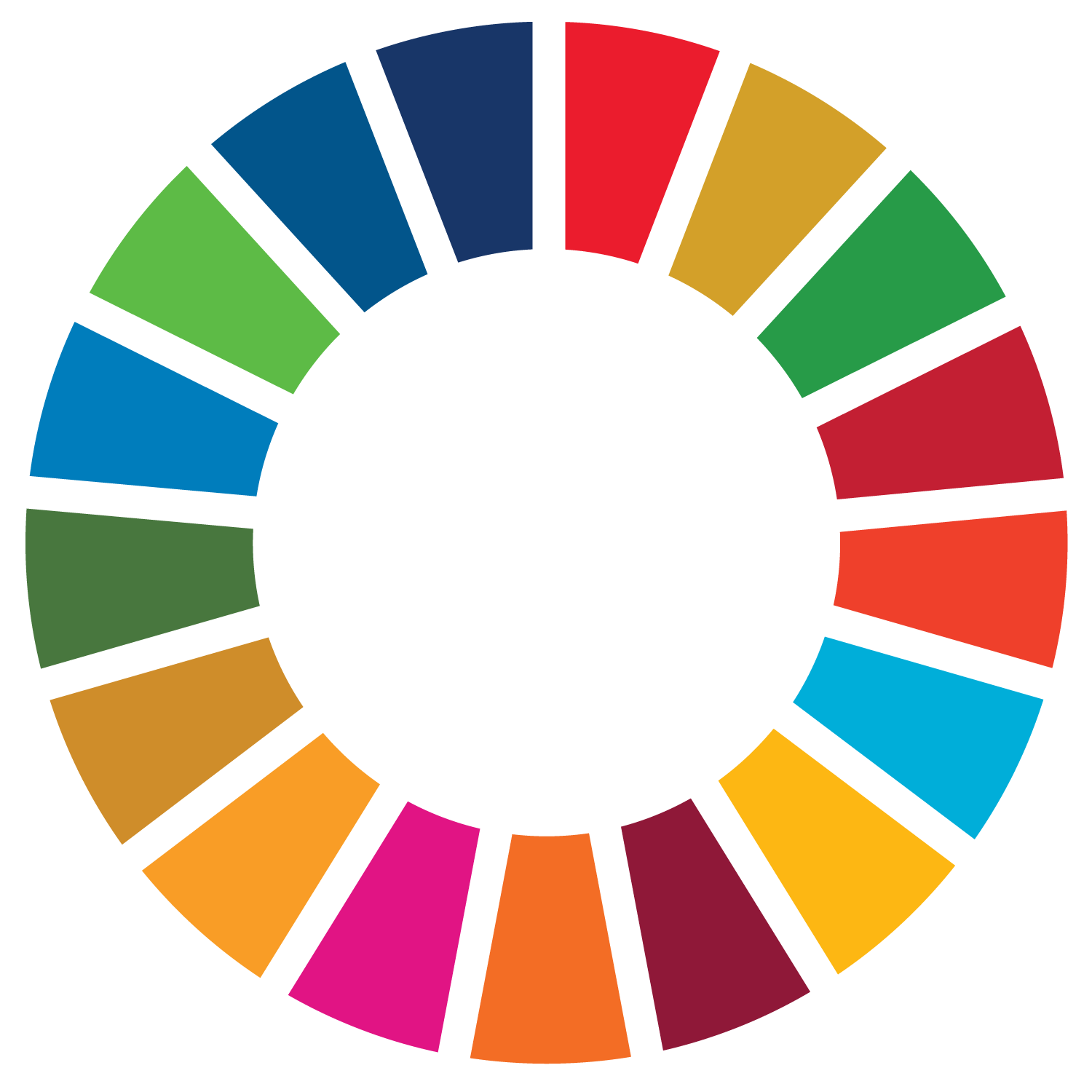Photo: Canva
Since the 1950s, innovations like synthetic fertilizers, chemical pesticides and high-yield cereals have helped humanity dramatically increase the amount of food it grows.
But those inventions would be moot without agriculture’s most precious commodity: fresh water. And it, say researchers, is now under threat.
Pollution, climate change and over-abstraction are beginning to compromise the lakes, rivers, and aquifers that underpin farming globally. That is raising the spectre of widespread food shortages – a situation made worse by the Ukraine crisis.
“For two-plus generations, now, humanity has lived in a relative time of plenty,” said Leticia Carvalho, head of the United Nations Environment Programme (UNEP) Marine and Freshwater Branch. “But we’re undermining the freshwater resources that make it possible for us to grow crops. And if we keep doing that, the consequences could be severe.”
The amount of fresh water per capita has fallen by 20 per cent over the last two decades and nearly 60 per cent of irrigated cropland is water-stressed, says the Food and Agriculture Organization of the United Nations. The implications of those shortages are far-reaching: irrigated agriculture contributes 40 per cent of total food produced worldwide.
Read more here for a closer look at what is behind the decline of the world’s per capita freshwater reserves and how those challenges are affecting farmers.
For more information, please contact Lis Mullin Bernhardt: Lis.Bernhardt@un.org
Share this post
UNEP-DHI Centre on Water and Environment
Agern Allé 5, 2970 Denmark
Tel: +45 45169200
